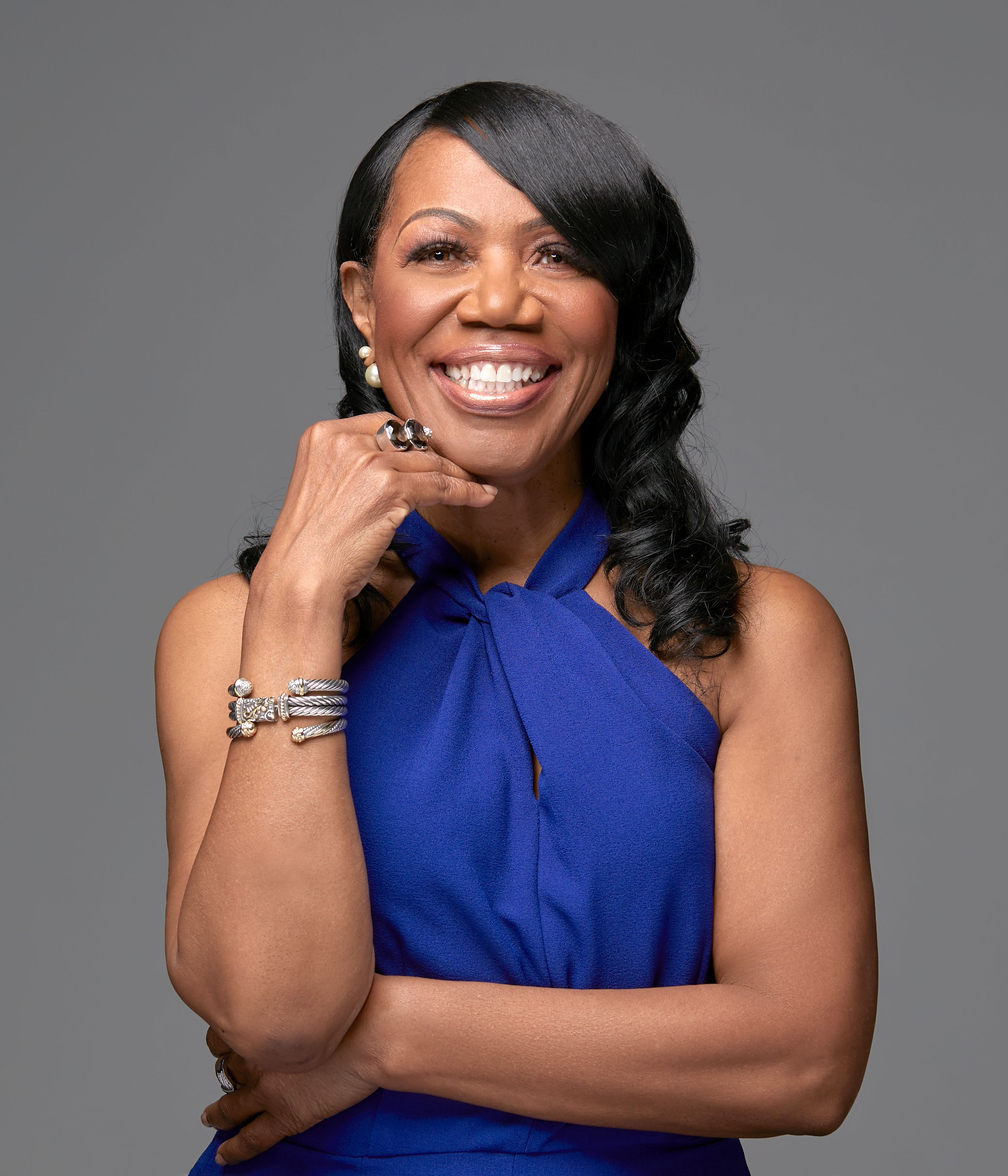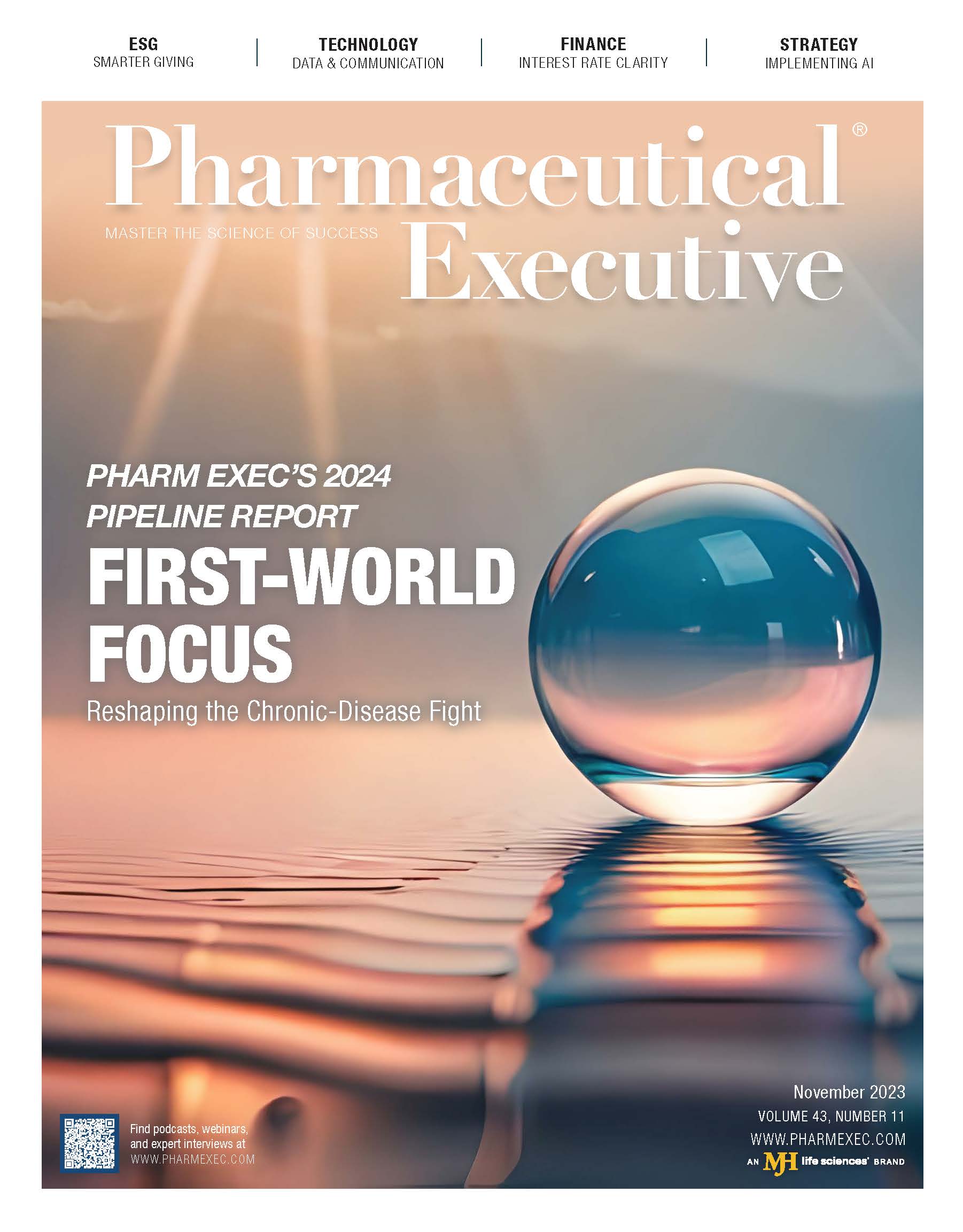- Sustainability
- DE&I
- Pandemic
- Finance
- Legal
- Technology
- Regulatory
- Global
- Pricing
- Strategy
- R&D/Clinical Trials
- Opinion
- Executive Roundtable
- Sales & Marketing
- Executive Profiles
- Leadership
- Market Access
- Patient Engagement
- Supply Chain
- Industry Trends
Equity for Women in Healthcare: 131 Years is Too Long to Wait
Closing the gender gap in pharma—and how we get there together.
Mary Stutts
CEO
Healthcare Businesswomen's
Association (HBA)

The latest findings from the World Economic Forum underscore a disheartening reality: it will be 131 years before gender equality is achieved in the workplace. That is unacceptable.
Further, if we do not take every possible action to prevent this outcome, it’s irresponsible.
Gender equity is not a women’s issue. It is an everyone issue. It is a societal issue. It is a business issue. Data from respected resources like McKinsey & Company, the Conference Board, Harvard Business Review, and many others support a myriad of positive business outcomes and results when there is greater gender balance for individuals, societies, governments, and organizations.
As the Healthcare Businesswomen’s Association’s (HBA) CEO, I’m in a unique position to share what is happening within the healthcare ecosystem to reduce this alarming gap. Our partner organizations employ a workforce representing more than six million employees worldwide, and together we are working to dismantle the obstacles currently holding women back. With women leaving the workforce at record rates according to the National Institutes of Health, it is mission critical to sustain the presence of the female workforce and it is key to advancing health equity for patients around the world.
It’s a daunting lift, and one we cannot do alone. Which is why we joined forces with healthcare’s most senior leaders from our 170 corporate partners. Our network is also fostering efforts to drive systemic and organizational change via our industry supported Gender Equity Think Tank (formerly known as the Gender Parity Collaborative). And the HBA is now reaching beyond our traditional community to partner with powerful advocates such as the Female Quotient to convene and accelerate a collective force that will implement concrete solutions to drive significant impact.
During the last six months, I have witnessed the impact from programs and policies implemented by organizations to diminish workplace equity gaps. Many partners have long-standing initiatives while others are getting started. All, however, are active in diversifying the composition of their boards, increasing a more inclusive representation among all levels of management, and actively fostering equitable practices across functions. The HBA proudly spotlights initiatives accelerating workplace equity with our annual ACE awards. This year, AstraZeneca was recognized for its Diversity by Design program, and Parexel for its Advancing Women in Leadership initiative.
And earlier this fall, I shared the stage with partners Pfizer, Johnson & Johnson, Merck, Takeda, and Sanofi at the Female Quotient’s Equality Lounge® just ahead of the G20 Summit in India. Our “Breaking Barriers” conversation was part of an inspiring and encouraging series of discussions with influential leaders and advocates from the finance, tech, lifestyle, and nonprofit industries—all committed to an imperative to advance equity for women.
And as noted in the recently released McKinsey & Company Women in the Workplace report, there is evidence of improvement. In the pharmaceutical and medical products industries, more women are represented at all levels than the average of women in all industries. For example, in our industry, according to McKinsey & Company, women represent 51% of managers compared to 40% of all industries; women comprise 44% of senior managers compared to 36% in all industries; and women represent 38% of C-suite roles compared to just 28% in all industries.
Yes, it is not quite equal, balanced, or perfect, but the data is a marker of progress and serves to keep us accountable. From my vantage point, the metrics, the initiatives underway, and the commitment from the industry’s most senior leaders are encouraging. Collectively, this insight also provides me with an opportunity to speak up and prompt conversations that challenge the status quo and what might have been considered acceptable.
It’s also critical to leverage platforms like Pharmaceutical Executive® to reach and include an even greater global network into the problem solving, so that as a united force we can change the equation and reduce the gap—much faster than 131 years.

Q&A with Amy West, Head of US Digital Health & Innovation Strategy at Novo Nordisk
October 25th 2023Amy West, Head of US Digital Health & Innovation Strategy at Novo Nordisk, shares her insights on fostering collaboration, embracing change, and her compelling vision to revolutionize digital transformation and innovation in the field of healthcare.
Pharma's ESG Equation: Materiality and Strategy are Key
August 11th 2023Life sciences executives who are confronted by too many choices in launching their environmental, social, and governance programs can leverage these two foundational tools to hone in on the set of issues, actions, and disclosures they should prioritize to create value.
